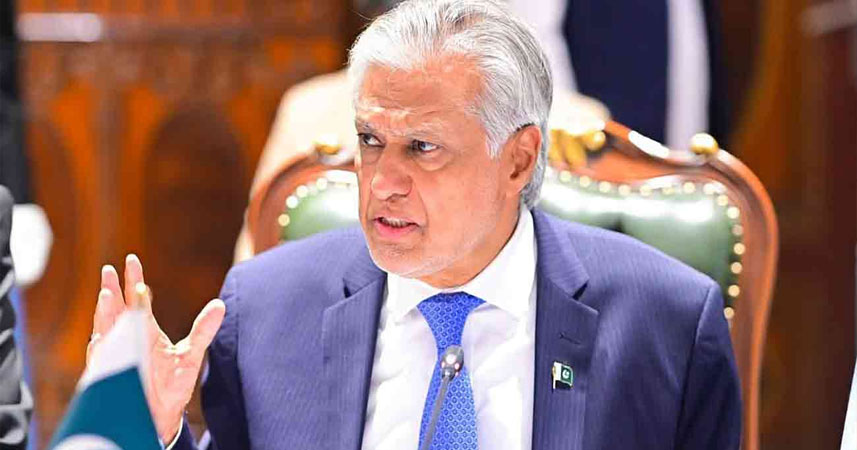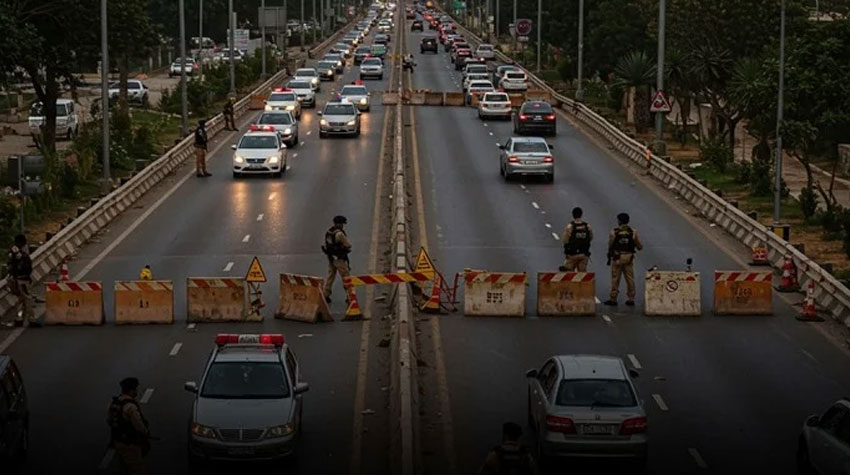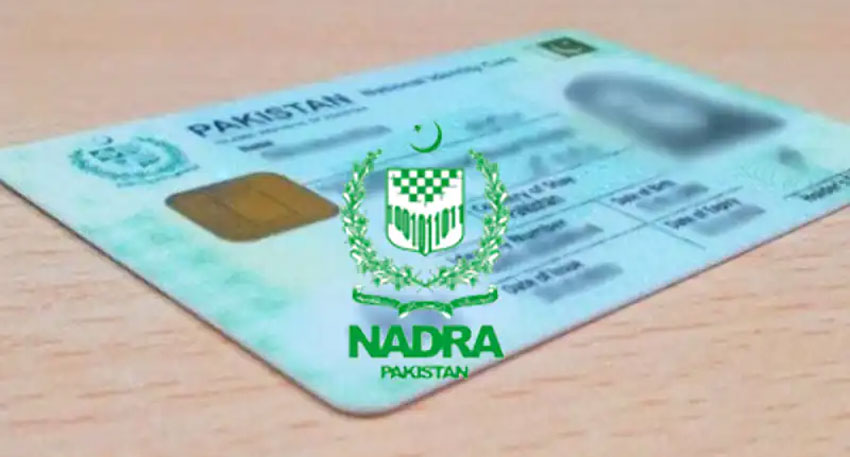
The court, led by Judge Manzar Ali Gul, released a detailed 93-page written verdict outlining why the warrants were issued. According to the decision, both leaders allegedly posted inflammatory content on social media, with materials recovered from their mobile phones. Sanam Javed was described as having considerable influence online, while Alia Hamza was noted as a senior PTI figure.
The verdict stated that police recovered posts and video clips from a USB device, and both women were formally named in the case based on supplementary statements. The court rejected claims that these recoveries were fabricated.
The ruling also noted that the accused were previously on bail and had attended hearings but failed to appear for the verdict announcement. Their final statements were delivered through their lawyer. The court directed the Shadman SHO to arrest both leaders and send them to jail.
Interestingly, the verdict also detailed witness testimonies against another PTI leader, Mian Mehmood-ur-Rasheed. Eleven witnesses claimed he was at the scene and fired shots with his pistol. Although the pistol was recovered during cross-examination, the prosecution could not conclusively prove his presence at the incident.
Read more: Foreign media reports major shift in Pakistan-US ties
It’s worth mentioning that a day earlier, the same court had sentenced PTI leaders Dr Yasmin Rashid, Mian Mehmood-ur-Rasheed, Omar Sarfraz Cheema, and Ejaz Chaudhry to 10 years in prison and fined them Rs600,000 each in the Shadman arson case. Alia Hamza and Sanam Javed were handed 5-year jail terms, while senior PTI leader Shah Mahmood Qureshi was acquitted.
The ATC verdict signals an aggressive legal push against key PTI figures, combining social media evidence, eyewitness accounts, and previous bail conditions to justify non-bailable warrants. The case also shows how May 9-related trials are broadening beyond direct violence to include alleged online incitement, potentially setting a precedent for future political prosecutions in Pakistan.



